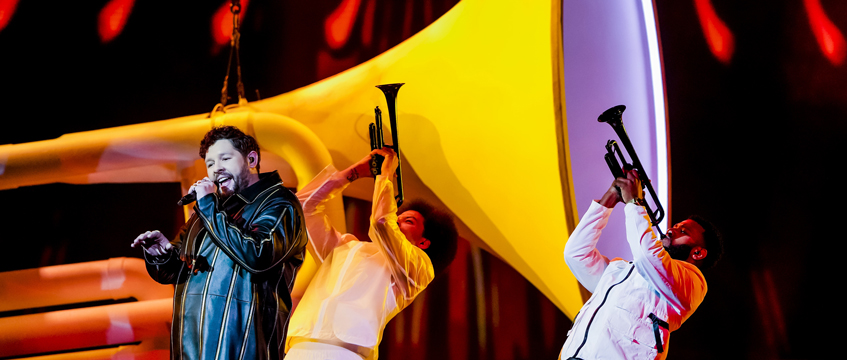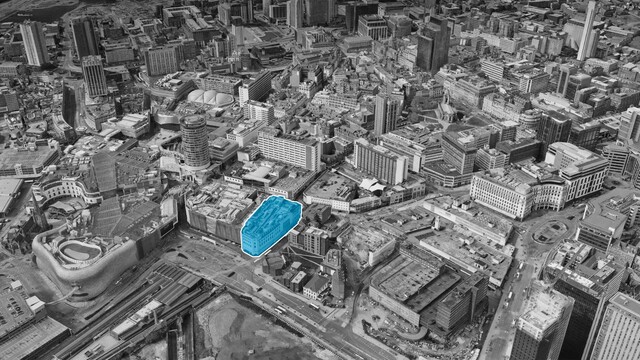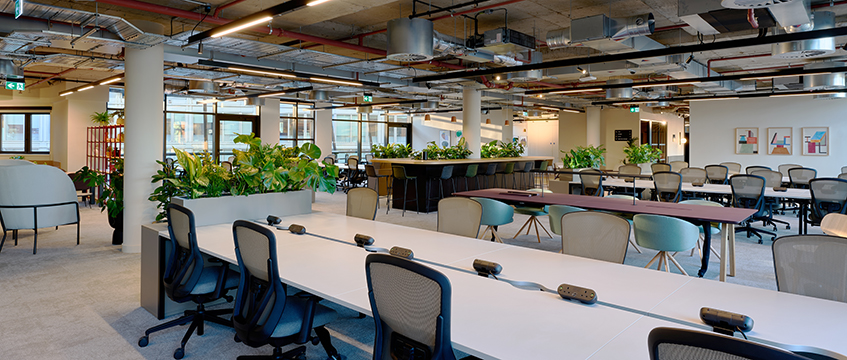A tough decision awaits whoever has to pick between the seven shortlisted cities vying to host next year’s Eurovision Song Contest. Maybe EG can help. After all, we’ve already run the rule over them as part of our ongoing future of UK cities coverage. Taking them in alphabetical order, in May we wrote how excitement for the Commonwealth Games helped Birmingham build “buzz around new economic opportunities, regeneration, and the drive to pull in more global investment” – what better way to follow one hotly-contested international competition than with another? In 2021, we noted that Glasgow, fresh from hosting COP26, “hopes to bring about change on a global scale through facilitating conversations across nations and bringing individuals and businesses alike together” – which, surely, is the whole point of the contest (well, that and the outfits). The same year, we reported that Leeds is “striving to be the best”, just like everybody involved (even the UK, apparently), while Liverpool has “gone from being a regional city, to a national city” – and, after all, it’s all about nations. Meanwhile, major players in Manchester wanted it to “be a leader when it comes to green and digital technologies” – such as continent-wide public voting, perhaps? We are, perhaps, overdue a focus on Newcastle (something we’re sure will soon be rectified) – but only last month we reported how its office market has doubled, which is definitely something worth singing about. As for Sheffield, it has been dubbed “The Northern Capital of Cool”, a vaunted status that could in no way be threatened by welcoming Eurovision to the Steel City. We hope that helps, but don’t ask Diary to choose between them – we love them all equally. Douze points all round.
Get Carter
Why do you read comic books, Diary is often asked – aren’t they all just gaudily-dressed, musclebound idiots punching each other? Well, yes, that is a key part of the appeal… but while you come for the fights, you stay for the social commentary. Take the recent Marvel series Captain Carter, featuring an alternate reality (it’s all about the multiverse these days) in which British agent Peggy Carter, not Brooklyn boy Steve Rogers, received the super soldier serum in World War II. Now revived in her version of the modern day, Captain Carter renews her battle against evil, Union Jack shield in hand… in a series that has plenty to say about the enduring legacy of the British class system, the UK’s political landscape and, yes, real estate. On her return to Soho, Peggy barely recognises the district since she last visited in the 1930s. But her new friend Harley is on hand to tell her it’s not even the same place it was 10 years ago. “That building over there?” Harley says. “Had one of the best nights of my life in that club. It’s luxury flats now. They sell for millions.” Leaving Peggy to sagely reflect, “All that money, to live in a city where the things that make it worthwhile are replaced to make room for them.” Words to make you think. Rumours that, in a sequel series, she will be going up against a villain named The Gentrifier are yet to be confirmed.
Crunching the numbers
Always dreamed of buying a prime London property, but never got round to calculating the realities? Thankfully, mortgage broker Henry Dannell has done it for you (and us). To get a £5m home in the capital would, first, require you to cobble together a 25% deposit, to the tune of £1.25m. Get checking down the back of that sofa. Then, once you have that, you’ll need a mortgage for the rest, and to secure the necessary funding you’ll need to demonstrate an annual income of… £833,333 per year. Any readers still with us? They’ll end up paying £17,724 per month, with a 25-year term ultimately costing you more than £5.3m, including £1.6m in interest. And, if all that wasn’t enough, you’ll still need to pay the energy bill, which, by the time your mortgage is paid off, might be another few million.











